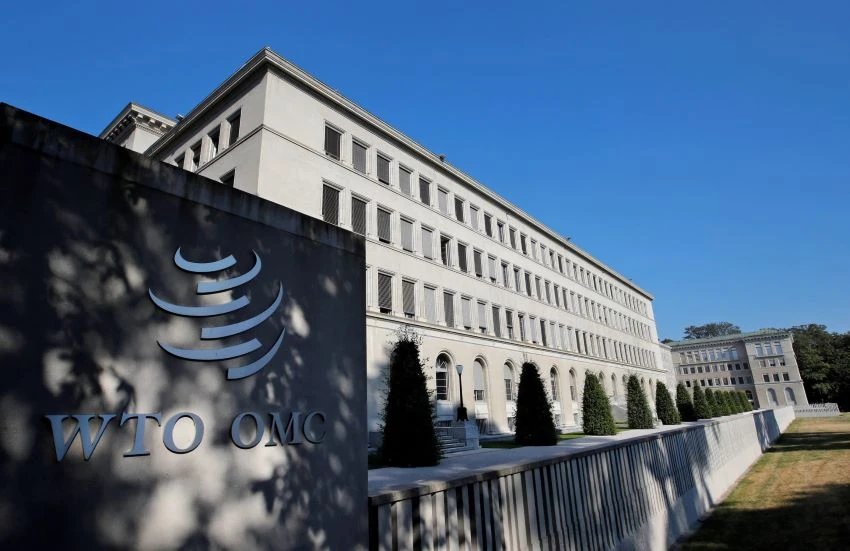
A final WTO decision on a dispute between Japan and South Korea on Monday came as a victory for Tokyo, but one Seoul is rebuffing.
The ruling from the World Trade Organization's Dispute Settlement Body confirmed Japan's position on South Korean tariffs on pneumatic valves.
Japan issued a statement saying it is prepared for constructive talks to settle the matter, but it is unclear whether South Korea will accede.
The issue concerns anti-dumping duties on pneumatic valves that Seoul imposed in 2015, citing harm to domestic producers from what it described as unfairly cheap imports from Japan.
An extension of up to 15 months will be given if the two countries agree on the revision. If the tariffs remain, Tokyo will be allowed to request WTO approval to take countermeasures, including the imposition of additional tariffs on South Korean goods.
South Korea says that in a majority of points at issue the Dispute Settlement Body did not prove it is in violation of WTO rules. It argues the ruling was a victory for South Korea.
In a dispute settlement meeting on Monday, South Korea rebuffed Japan's suggestion that it eliminate the tariffs.
The WTO's appellate body ruled on Sept. 10 in favor of Japan, accepting Tokyo's argument that high-quality valves from Japan do not compete directly with South Korea's locally made products in terms of price.
It ruled that South Korea's price analyses and information disclosure failed to meet WTO requirements, requesting Seoul to revise the tariffs.




















